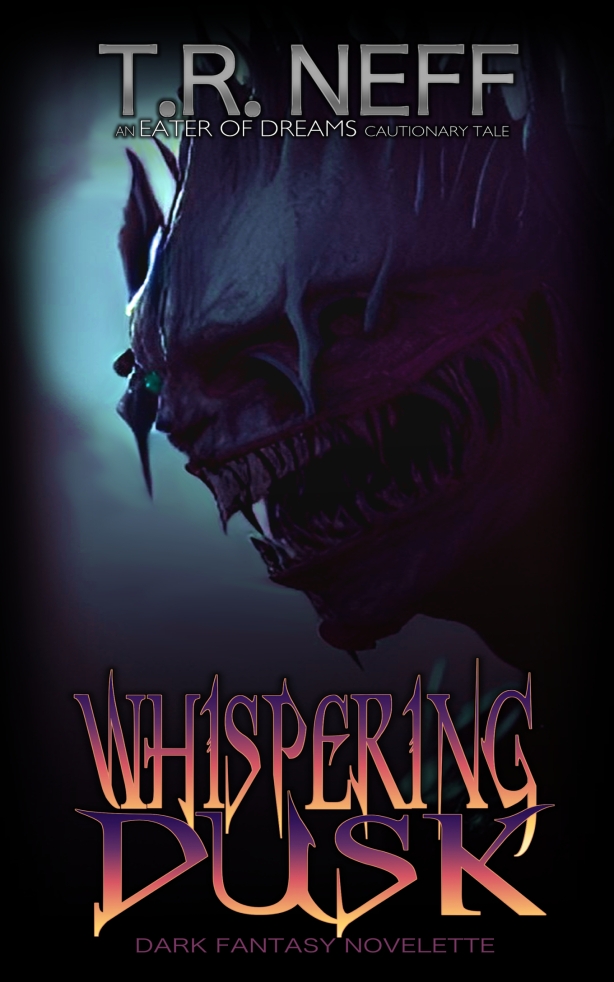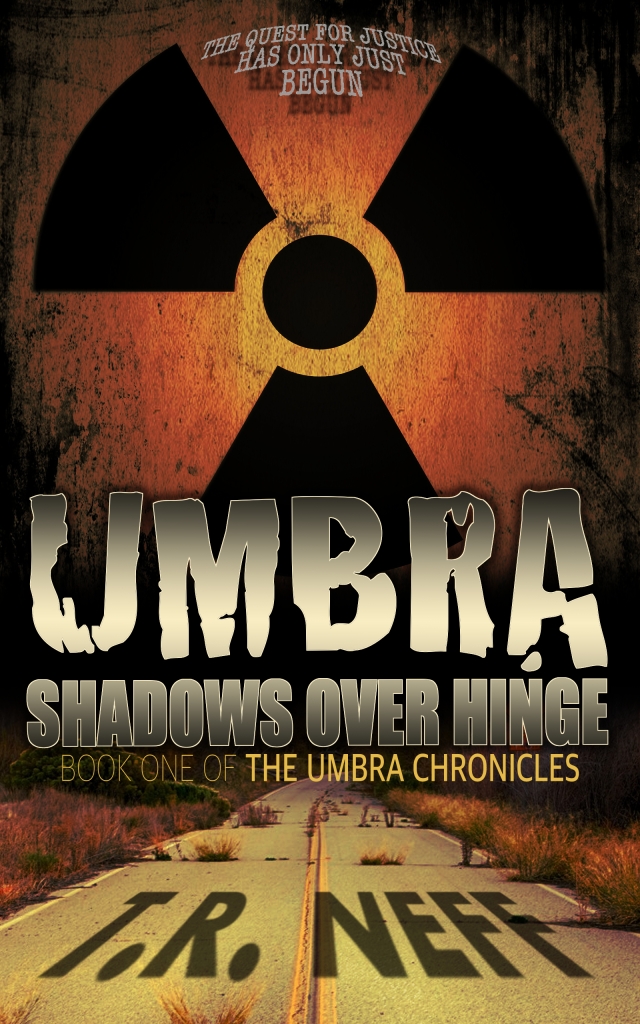Two weeks ago I brought up several stories which I call my favorites, and that naturally brought me to the idea of influence. You hear the phrases bandied about often by any creative types–“I consider such-and-such my greatest influence”, as in “As a composer, I find Mozart and John Williams to be my greatest influences” for an example, or directors cite earlier movies that formed their interest in the silver screen.
Certainly, as a writer, I count many, many authors and stories among my influences. All writers generally do–after all, that initial exposure to tales that transport us to other worlds or realities far from our own personal experiences engender the desire in some readers to craft our own. Fredrik Pohl, Harlan Ellison, Harry Harrison, John Haldeman, Doyle, Tolkien, Lewis, Shakespeare etc. all count high on my list of literary inspirations.
But… what about other influences, such as music? Take my first example, with music above. I frequently listen to music while writing, matching the mood/tone with whatever I am trying to write. Umbra (and all of its previous iterations) came flying from my fingertips with an ample dose of Alice in Chains, early Nine Inch Nails and Soundgarden pounding in my ears. For my darker fantasy stories like “The Falconer and the Wolf“, one of my favorite bands to get me in the right atmosphere is Dead Can Dance. When sketching notes for The Light of Liberty, I turned to Barry Phillips and his version of “The World Turned Upside Down” along with other American Colonial period tunes.
Are there any more? Of course there are. Many people have incorporated their likes and hobbies into their writing. Some cozy mysteries, for example, are based around knitting. My character Ennid the Havoc and his escapades are influenced by my love of MMA (that’s Mixed Martial Arts for those not yet initiated into its primal awesomeness). My interest in genetics features heavily in Clones are People Two. Even if the things we like aren’t at the forfront, we sometimes insert it in small ways. I love goats (Casey, from Umbra), I think rhinos are awesome and I smith silver (both of which will appear in The Opal Necklace, release date TBD) and I’ve an interest in raptors and falconry.
It’s all very simple–EVERYTHING can be an influence on our creativity, and EVERYTHING should be. It’s from these somewhat disparate ideas and influences that some of our richest “juices” flow.















